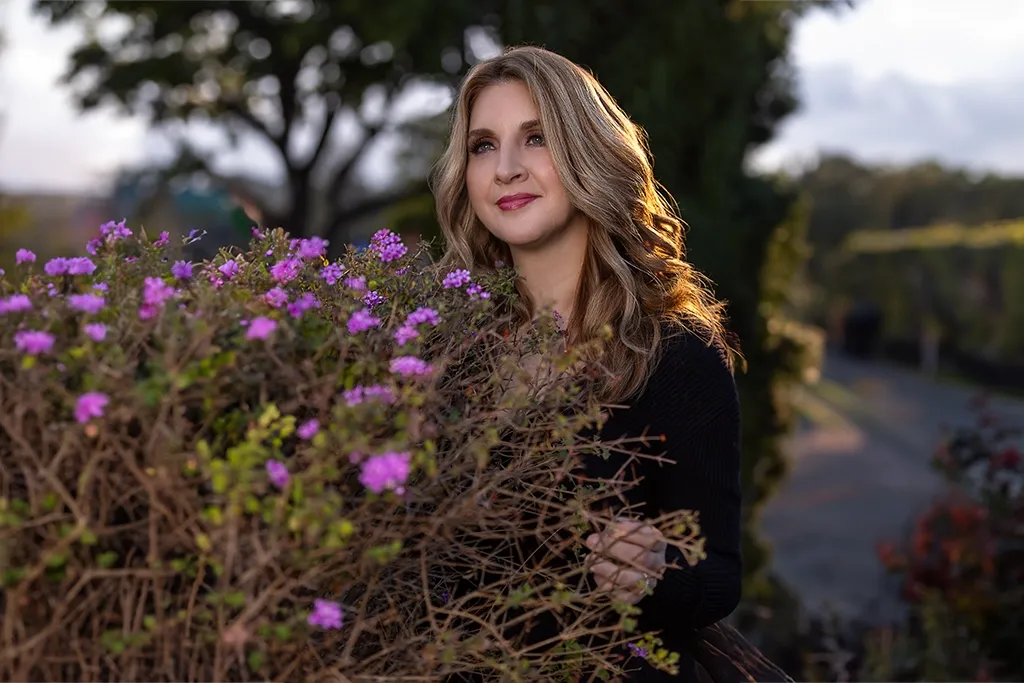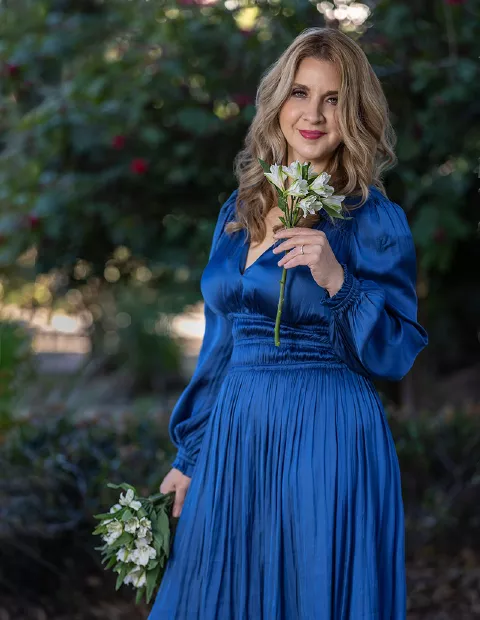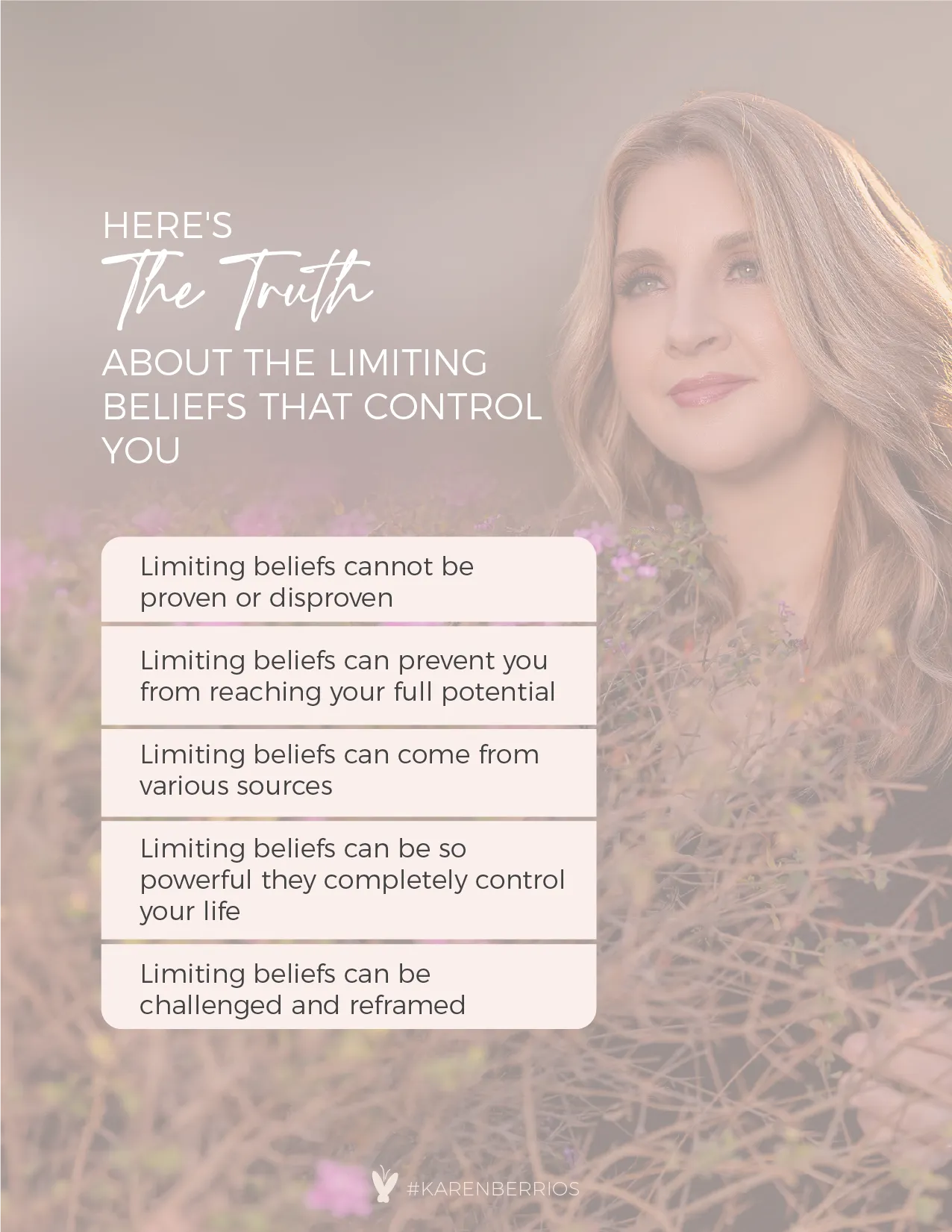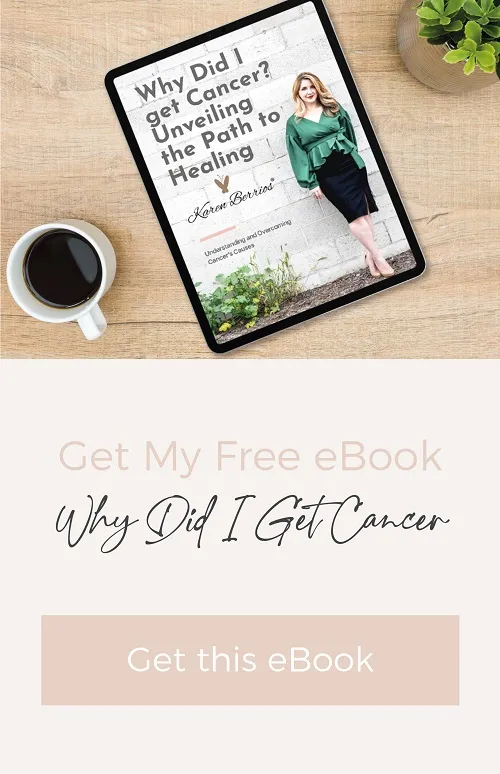

Here’s the Truth About the Limiting Beliefs That Control You
Limiting Beliefs. We all have beliefs that help guide us through life. Some of them are societal, while others come from our own experience. But while some are inherently good for us and help us learn how to behave in our community, others might be detrimental to our personal growth and prevent us from achieving our goals and dreams. Over time, these beliefs can limit us in pushing ourselves to try something new, trusting our intuition and knowledge, and eventually convince us that whatever we set out to achieve is too difficult.
Getting to the realization that no one is stopping you but yourself is not easy, nor simple. It’s a complex process that involves a lot of self-reflection, mindfulness techniques, and building your self-trust so that you can break down these limiting beliefs and prevent them from controlling you.
What Are Limiting Beliefs?
Sometimes, they are also called false beliefs or self-limiting beliefs, which are perceptions you have about yourself, your abilities, and how the world works. These perceptions are barriers that hold you back from achieving your goals and dreams, making you believe you’re not good enough, not capable enough, or not deserving enough. This can result in low self-confidence, preventing you from trying new things, fighting for something you truly want, and even your happiness.
Where Do Limiting Beliefs Come From?
Psychology research has offered some insight into how these limiting beliefs develop in the first place. Rokeach’s hierarchy system, developed by a Polish-American psychologist Milton Rokeach, is often used as a framework for defining limiting beliefs. His system encompasses five main levels of beliefs, structured by their importance.
- Type A beliefs – also known as unchallengeable commonsense, Type A beliefs are those that one strongly believes are true, and are typically so. Examples would provide knowing your own name or your family members.
- Type B beliefs – also known as primitive beliefs, Type B beliefs are considered to be core beliefs about ourselves that others can’t confirm or deny. They characterize our own self-esteem, confidence, and opinions about ourselves. Examples are thinking you’re a funny person or someone who’s stubborn.
- Type C beliefs – also known as authority beliefs, Type C beliefs are those we acquire and accept based on their authoritative source. This can include politics, religion, and even media.
- Type D beliefs – also called peripheral beliefs, Type D beliefs also come from an authority source, but it’s more of a source we identify with. For example, as a Christian, you believe in certain “rules” of life that you abide by.
- Type E beliefs – also called inconsequential beliefs, Type E beliefs might derive from various sources, but don’t make an important impact on your overall belief system.
How to Deal With Limiting Beliefs?
Depending on where they come from, these limiting beliefs can have a drastic impact on your life and how you choose to live it. Some psychologists developed a variety of behavioral therapies to help combat them and prevent them from controlling your life. The most common therapies include:
- Rational Emotive Behavior Therapy (REBT) – developed in the 1950s, this therapy helps patients identify and manage negative thought patterns that affect everything from the way they behave to the way they expect others to behave.
- Cognitive-Behavioral Therapy (CBT) – this type of therapy is used for a variety of different mental health issues, from depression to anxiety, and it helps patients facilitate cognitive restructuring, encouraging them to reflect on their own thoughts.
- Schema therapy – helps with the deepest of limiting beliefs, those that are the hardest to change.
Even though behavioral therapy might be a great (and often necessary tool) for some people, you might also find success on your own. Working on yourself is probably one of the hardest things you can do, but it’s crucial to truly start reshaping your beliefs and preventing them from limiting you from advancing in life. Some of the most common limiting beliefs people struggle with today are very simple, but debilitating:
- I am not good enough
- I am too old/young to try something
- I don’t have the time
- I am incapable
- I am unlovable
These simple beliefs can become a real mantra, making it almost impossible to improve our confidence and give ourselves some credit. If we don’t attack them and challenge them head-on, we might never change our perspective and see things through a different set of eyes.
That’s why one of the first things you can do is CHALLENGE your beliefs. Ask yourself where they’re coming from and whether or not they can actually be proven. Secondly, ANALYZE and ACKNOWLEDGE how these limiting beliefs are affecting your life. The majority of us are unaware of how a belief like “I am too old for this” is stopping us from even trying an activity or applying for a new job. And lastly, CHANGE THE NARRATIVE. Once you start to notice how these negative patterns are closing you to opportunities, success, and even love, you’ll realize it’s time to shift it around and change your beliefs from the very fundamental part. This is where you get to rewrite your thoughts and beliefs and start focusing on the positives.
These simple tactics might seem easy, but they are far from it. Just the first step of taking a break and analyzing your own system of beliefs and what it’s based on is a lot, making it hard to move past it. Some beliefs might be easier to tackle than others, but staying consistent and not giving up will help you build up confidence and strength, which will, in turn, boost your self-belief and sharpen your instinct.
Final Thoughts
The final truth about limiting beliefs that control you is that YOU have the power to turn it all around. It might seem impossible even after you acknowledge its impact on your life, but after all, they’re just that – your beliefs. Self-reflection and inner work are sometimes harder than any other official job or role you might have in life, and that’s why it’s essential to find a way to push through it and explore everything this life can provide you with.
Related Post

hey there
I'm Karen!
I have found my cancer journey to be a positive and profound transformational experience. I’m inspired to share my healing journey here, and trust you’ll find hope, encouragement and purpose as you discover the healing power that lies within you.
Join
The Mailing List!
By signing up for my newsletter, you agree with our Privacy Policy and Terms & Conditions.



